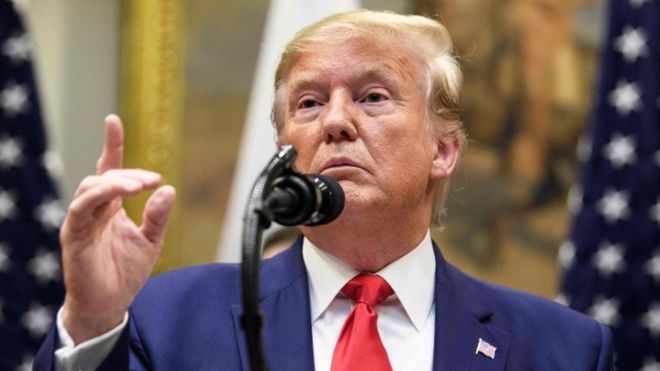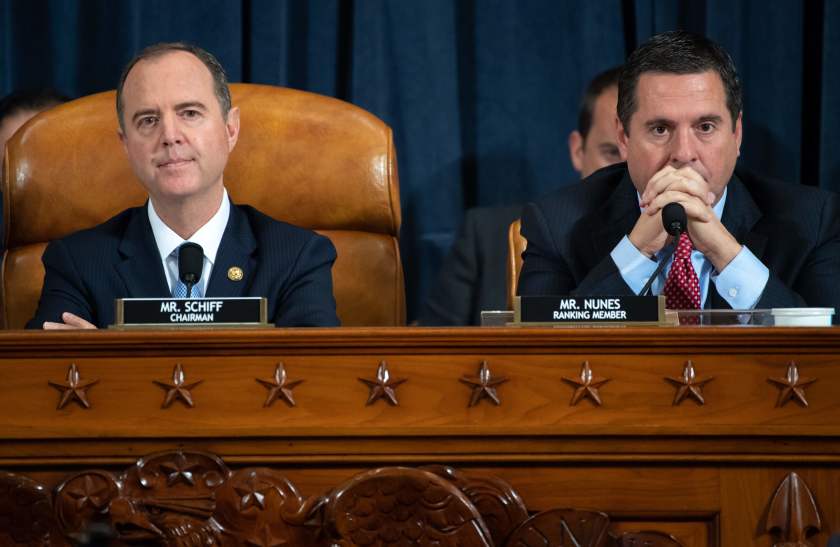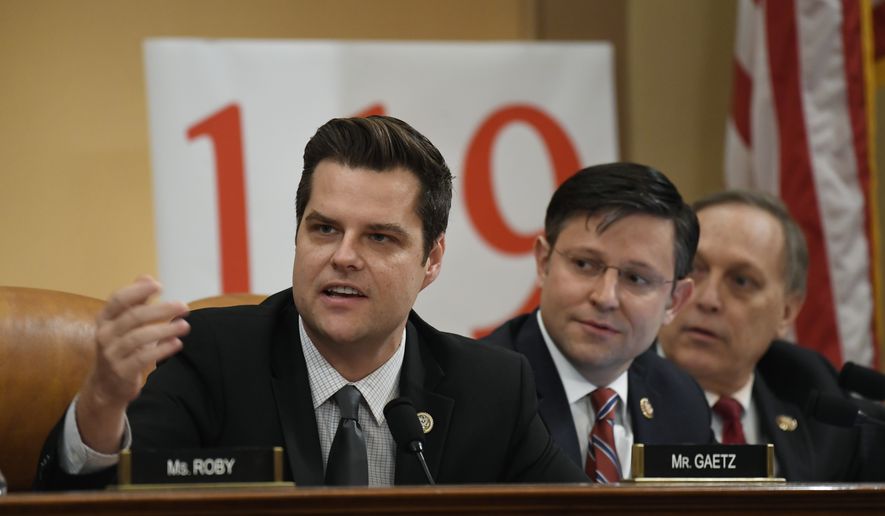The impeachment (dismissal) process against Donald Trump entered the legal debate phase on Monday in the Judicial Committee of the House of Representatives and evidenced the partisan division in a process whose purpose is to clarify whether the president committed crimes or misdemeanors serious in the scandal of Ukraine. The lawyers of the democrats defended before the congressmen the need to present charges against the president, alleging that the evidence of abuse of power is “overwhelming”, while the republican advisers denounced the “obsession” of the democrats in getting rid of Trump as it is .

The debate that arises is legal and legal, the equivalent of a lawsuit held in Congress, but the development of the hearings have a purely political character. The president of the Committee, Democrat Jerrold Nadler, began the session accusing Trump of having “violated his oath,” putting his personal interests “ahead of those of the country,” while the Republican leader of that body, Doug Collins, said that the Democrats are driving this process because “they cannot overcome the fact that Trump is president and they don’t have a candidate capable of defeating him” in 2020.
This impeachment process, an extraordinary procedure that can end the withdrawal and conviction of a president if found guilty of a crime or serious offense, began on September 24 when Trump’s maneuvers came to light to bring justice Ukrainian announced investigations about his political rival, Joe Biden, and his son Hunter (who was paid by the gas company called Burisma while the father was vice president), among other Democrats. The Capitol must also determine whether the president, within that pressure on Kiev, used military aid and a bilateral meeting with President Volodímir Zelenski as a currency to achieve his goals in order to obtain electoral revenues before the presidential elections of 2020 .

For more than two months the Capitol has listened to witnesses and reviewed documents. Barry Berke, legal advisor representing the Democratic majority, considered Monday “overwhelming” evidence that “the president abused his power.” “And by abusing that power, he betrayed national interests, it is clear that the president risked corrupting our elections,” he said, during an appearance in which he was interspersing video fragments with statements by some of the witnesses who have gone through The congress. For the Republican’s lawyer, Steve Castor, the accusations, on the contrary, do not yield conclusive evidence and that the Democrats “are obsessed with dismissing Trump anyway.”
A telephone conversation between Trump and Zelensky last summer demonstrates that the American insistently asked his Ukrainian counterpart to initiate the investigations, although the Republicans defend that he did it in good faith, worried about corruption, without offering counterparts. Other diplomats and advisors do point out that military aid was used – which spent more than a month frozen without explanation – and the meeting between the leaders as a currency, a pressure channeled through Trump’s personal lawyer, Rudy Giuliani, but without records of a direct and explicit order by the agent.
During this week, the 41 legislators of the Judiciary Committee will analyze the evidence and, predictably, will vote in favor of filing charges thanks to the Democratic majority (24 to 17) of the committee. Then, the vote will pass to the full House, also controlled by the Democrats, and from there to the Senate, where the Republican majority can easily acquit the president.
The first time the House of Representatives had to rule on this case, on October 31, to vote on the rules of the game by which the procedure will be governed and to launch its formal phase, it already evidenced the tribal matter: 231 Democratic congressmen and an independent voted in favor of the investigation, while 194 Republicans and two Democrats did so against it. In the Senate, where it takes two thirds of the votes to dismiss a president (67 out of 100 seats) the future is more or less written, since the Republicans are a majority (53 votes, versus 47 Democrats, including two independents) and today no desertions are anticipated.

COMMENTS